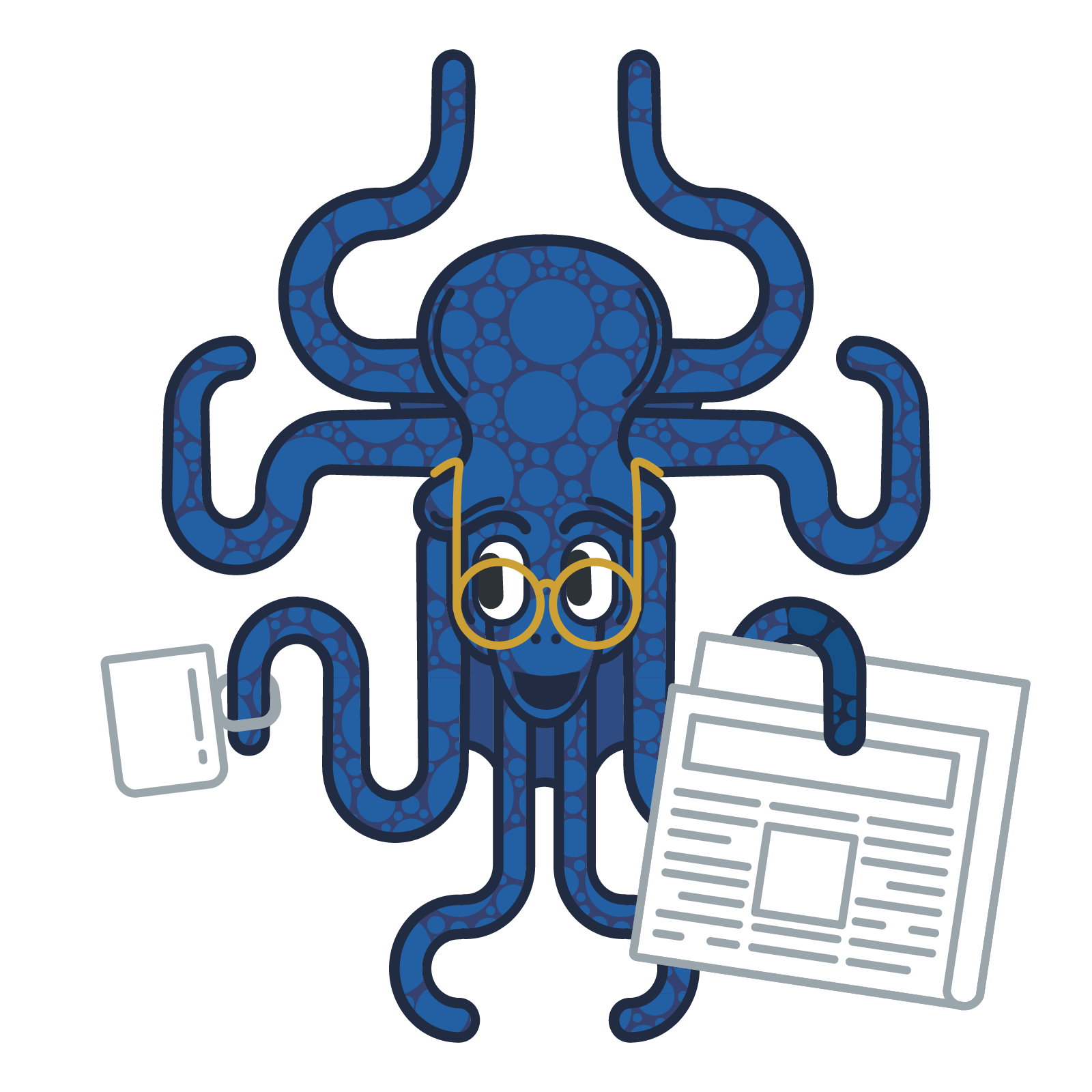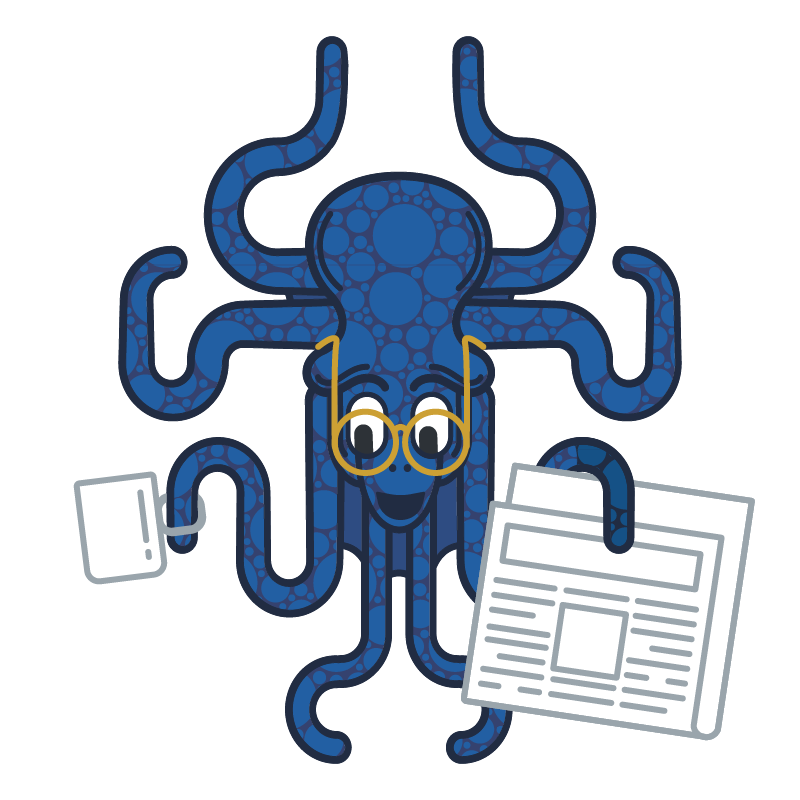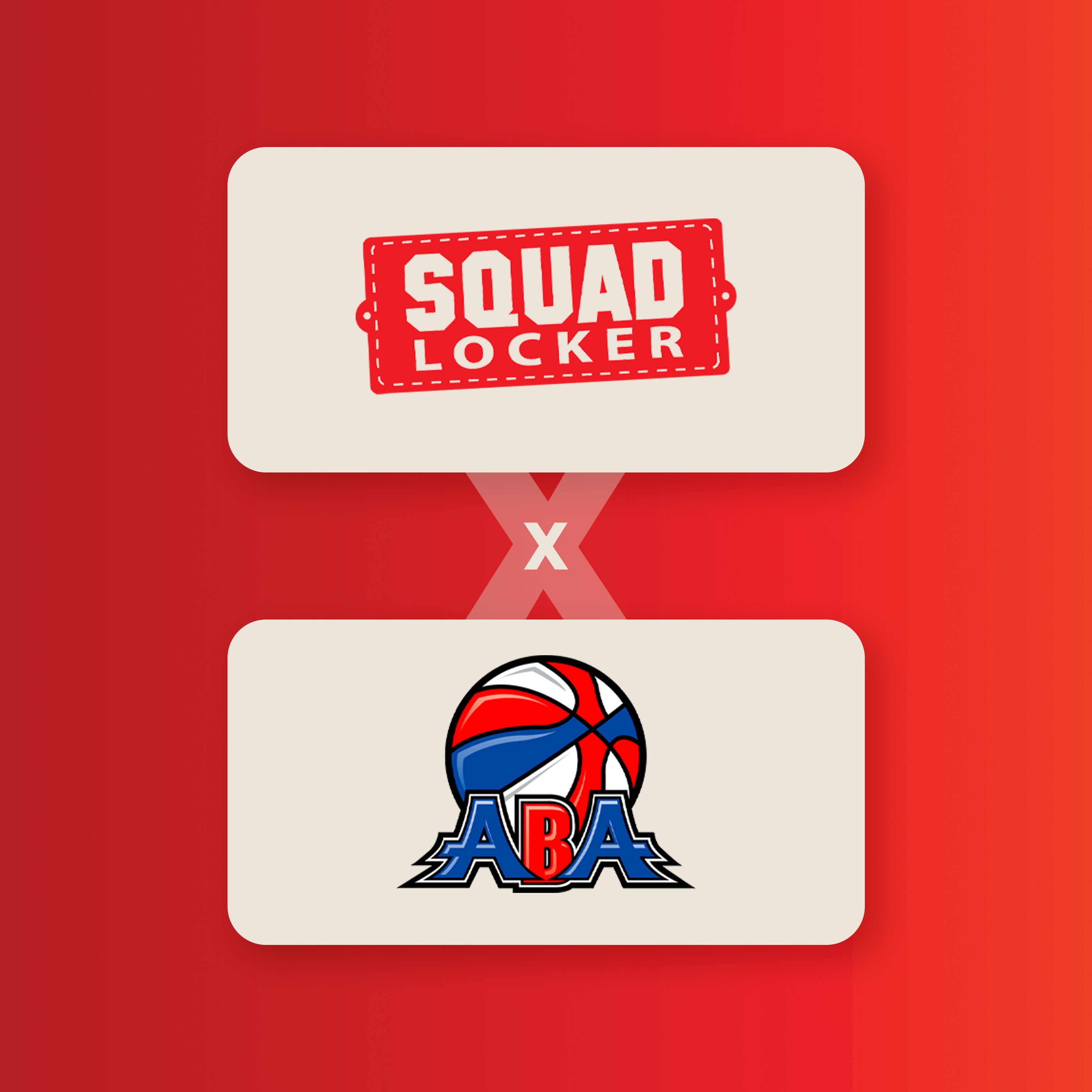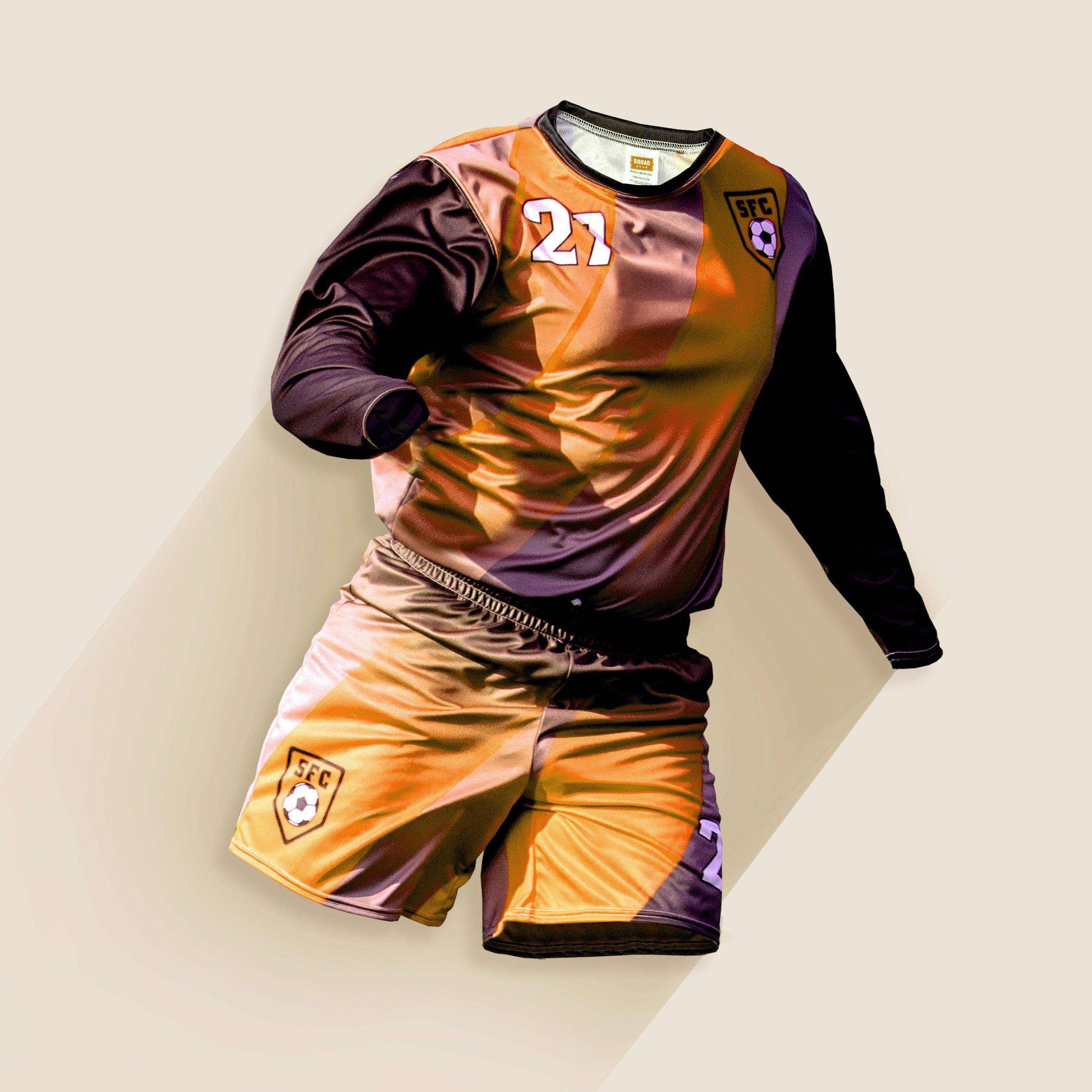So, maybe you're a good distance runner. You do a lot of miles in training, you keep yourself in shape and you don't gorge yourself during meals. It's all good, right? Like I said, you're a good distance runner, but if you want to be a great distance runner, you've got to put the right fuel in your body. And to find out what to do, well, just follow me.
Meal times
Before you eat anything, you've got to get into the habit of eating at the right times. Yeah, I know, this might be a bit difficult, especially if you are in school or have a job, but this is the first part of the equation, and you have to follow it as best as you can.
- Eat breakfast, roughly 8am every morning
- Have a mid-morning snack between 10 and 11am
- Lunch around 1pm
- Afternoon snack about 3 to 4pm
- Dinner at 6pm
- Late snack between 8 and 9pm
Ideally, you want to eat 6 times per day, and always follow a big meal with a smaller snack. Tailor the times above to your own personal schedule, so use that only as a guide, and small variations in those time frames, of say, 15 minutes, are acceptable.
What to eat
Now, we could go into the science of eating for athletes and fill up an encyclopedia with facts, figures, theories, and personal diets from some of the best competitors in the world. But unfortunately, the space is limited here, so let's just touch on the basics, okay?
Carbohydrates are key, and no, we are not talking jelly donuts and Skittles. You want to hit the complex carbs, the carbs that slowly make their way into your system so that you can burn them up as you run. But you'll also need protein too, which builds and repairs your muscles, and that's why proteins and carbs go hand in hand.
- Breakfast -- Wholesome non-sweetened or lightly sweetened cereal (Frosted Flakes or Fruit Loops are NOT wholesome) with low-fat milk, a glass of OJ and a banana.
- Snack -- Granola bar, energy bar, fruit
- Lunch -- Whole wheat pita or whole wheat bread with tuna, turkey or chicken. Yogurt, 2 cups fat free, with granola sprinkles and fruit topping, a handful of carrots, a cup of chocolate milk and wash it down with a bottle of water.
- Snack -- A fruit smoothie
- Dinner -- Main course should be 4 to 6 ounces of chicken, turkey, fish or lean beef. Pork, the other white meat, is not lean, so forget it. You can stir fry any of these with vegetables, and have beans and rice on the side, or separate them into their own portions. Whole grain pasta with sauce and some lean meatballs works here too.
- Snack -- Fruit
Once again, this is a very basic meal plan, but as you can see, complex carbs, in the form of fruits, veggies, whole grain breads, cereal and granola, rule the roost. For the main meals, you can substitute eggs, and smoothies can always be your snack of choice, or if you load them up with complex carbs and protein, they can also be turned into a main meal.
Some of these foods you may not be able to tolerate, or just plain don't like, so feel free to substitute anything out with a comparable alternative. Also, ask other athletes and coach's what they recommend for meals and snacks, and do your own research on what types of food will work for you.
Knowledge is key
If you want to be an endurance runner, you've got to think like an endurance runner, but most importantly, you have to eat like an endurance runner. That fact has been proven time and time again, by the best athletes in the world, and their success is the true indication of what diet and meal planning can do.
Remember, stick with whole grain breads and pastas, get rid of junk food and sugar, eat lean sources of protein, and as your endurance goes up, your times will come down.
Share this Story


.jpg)







